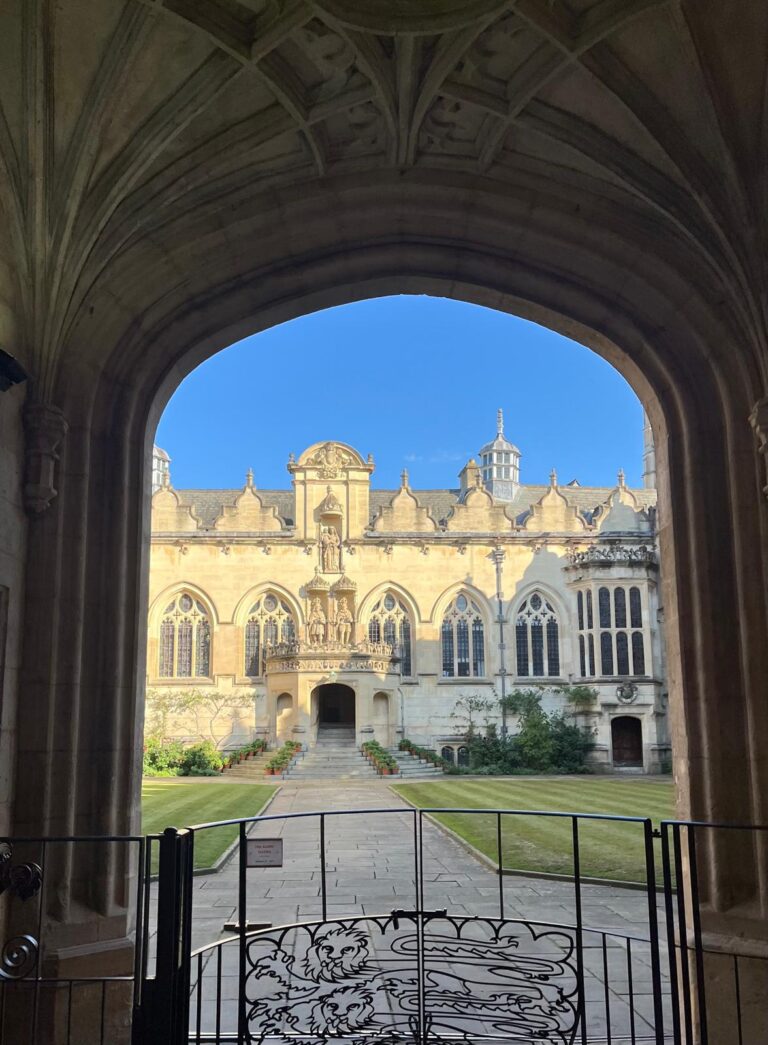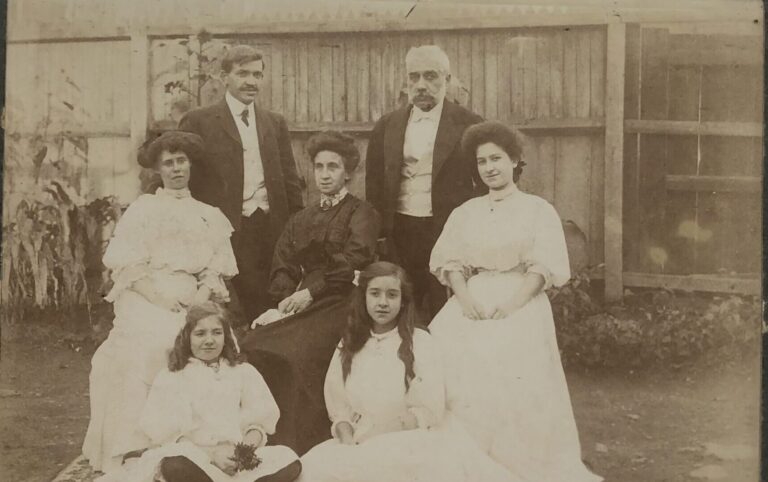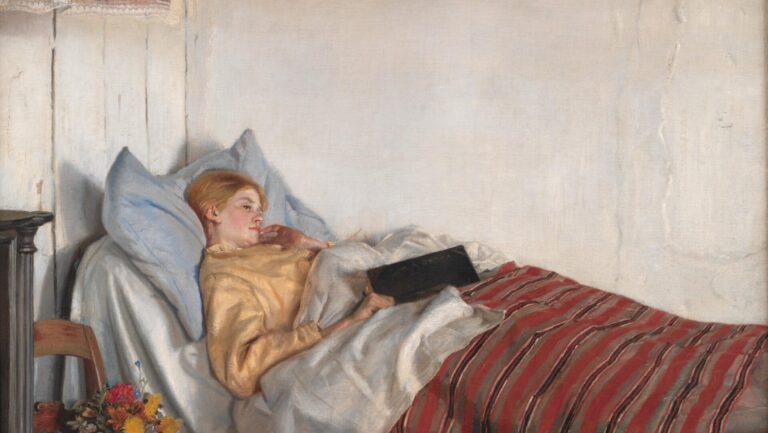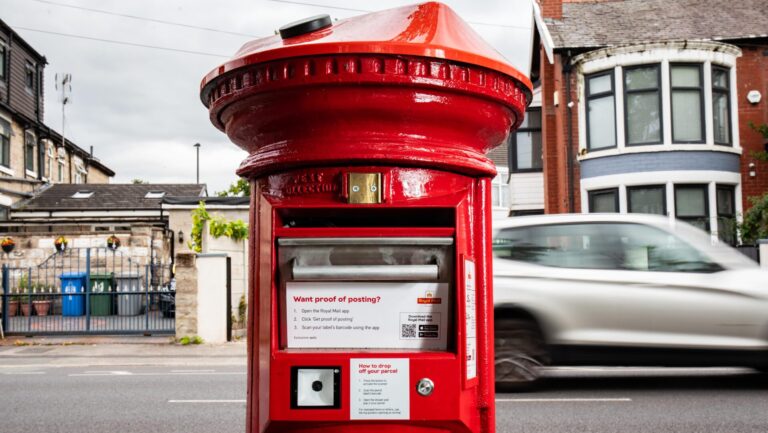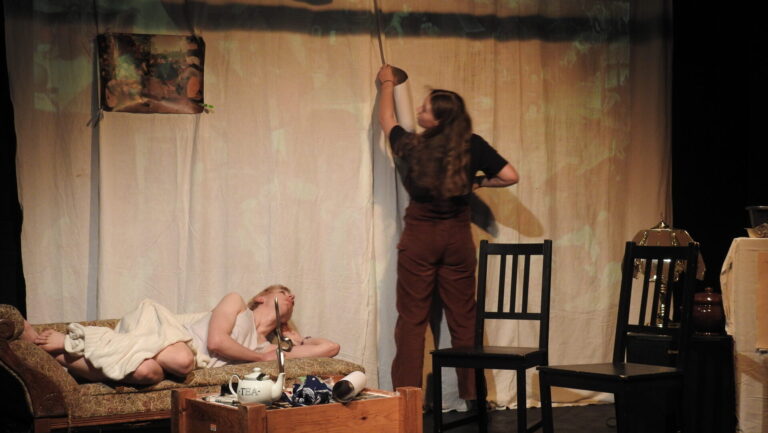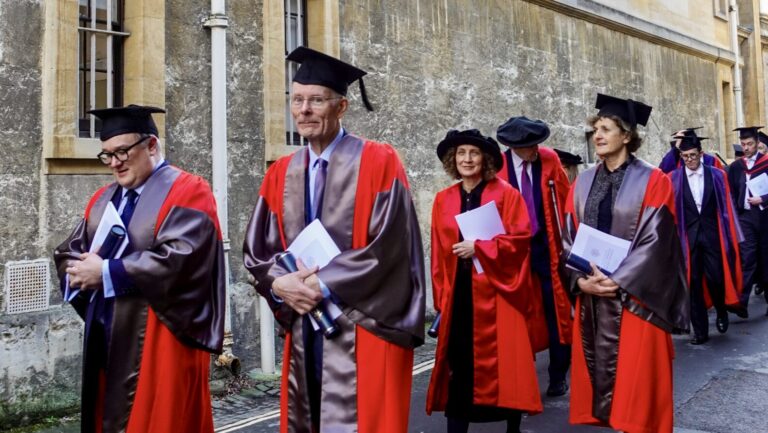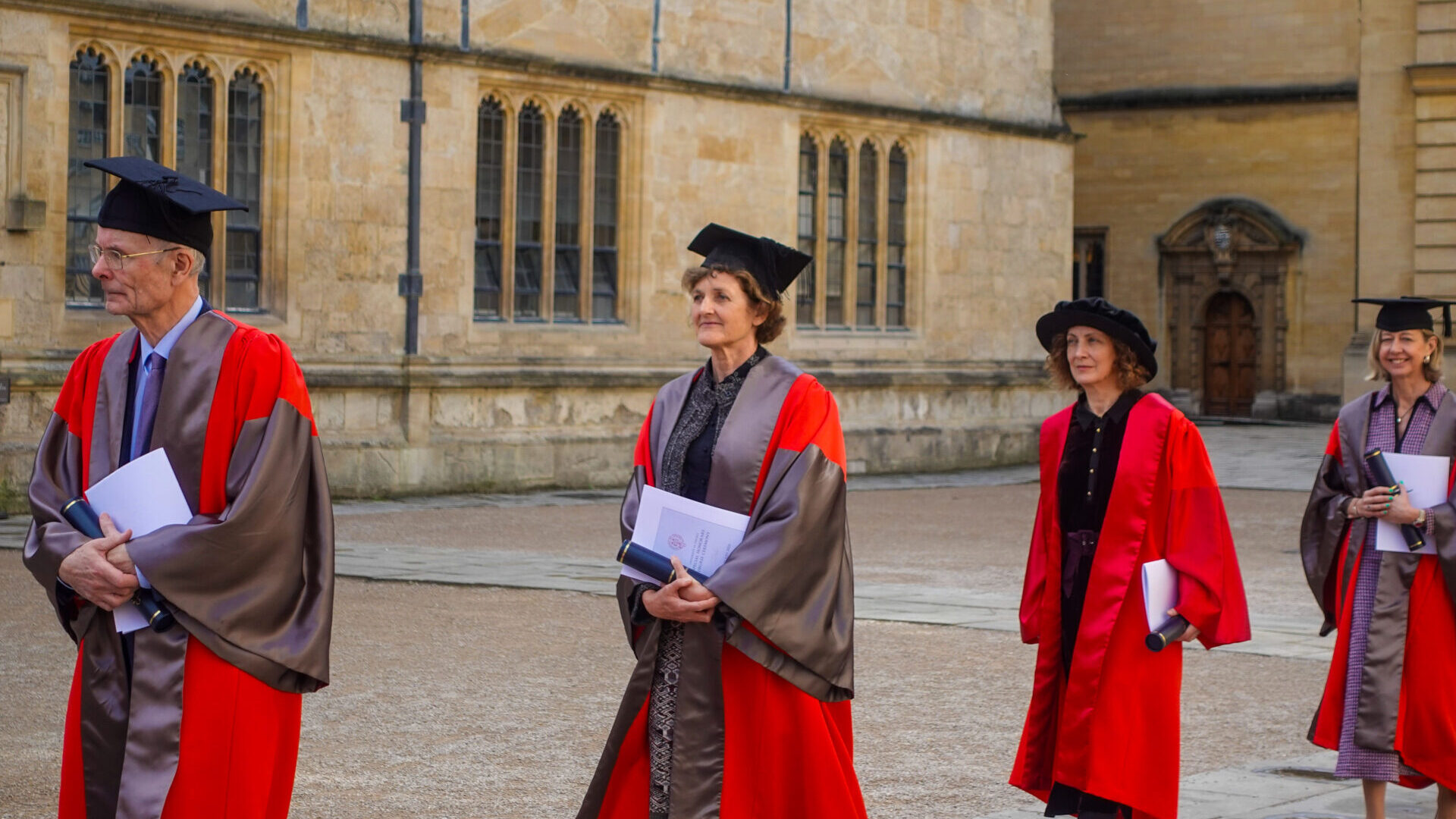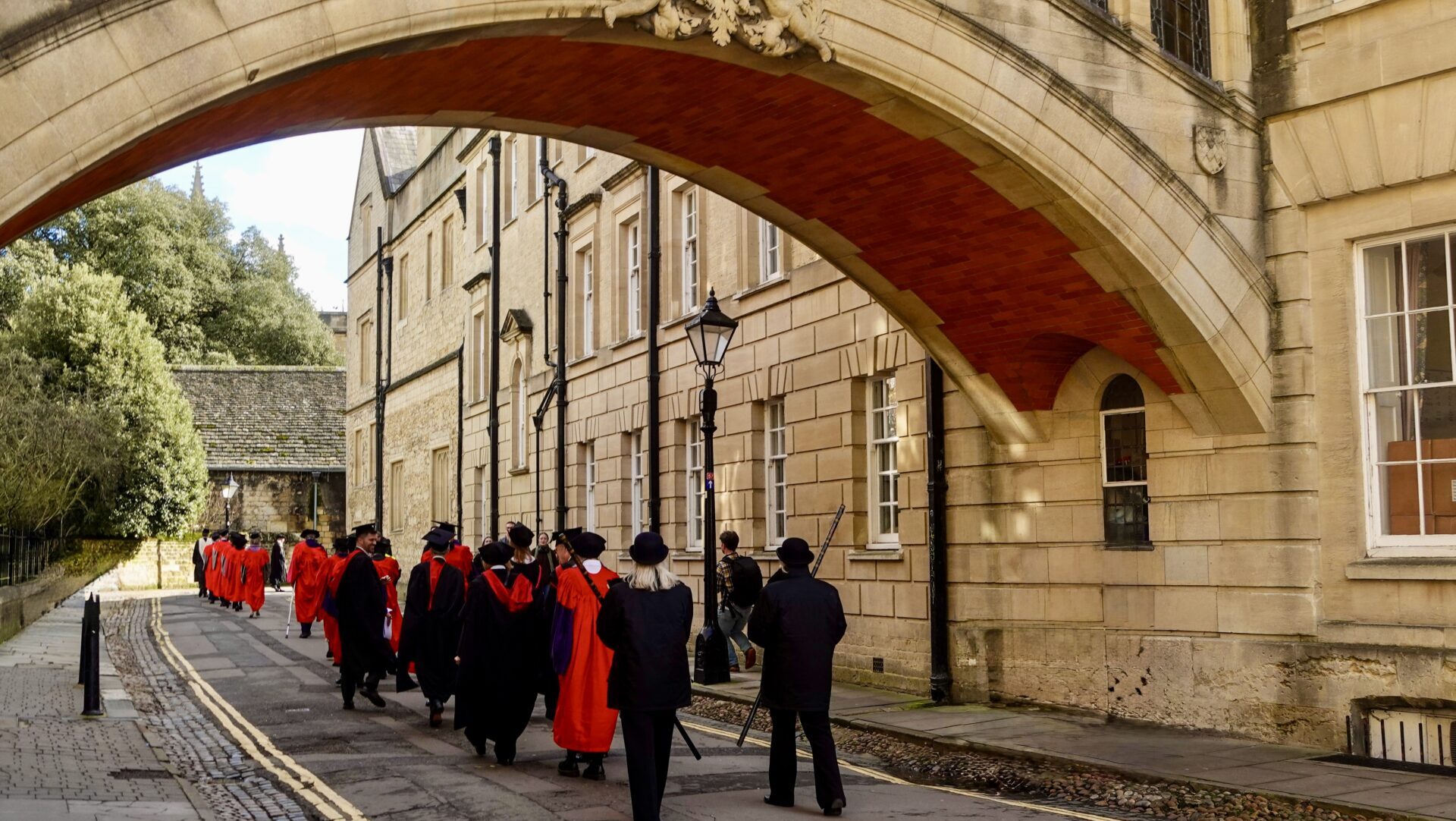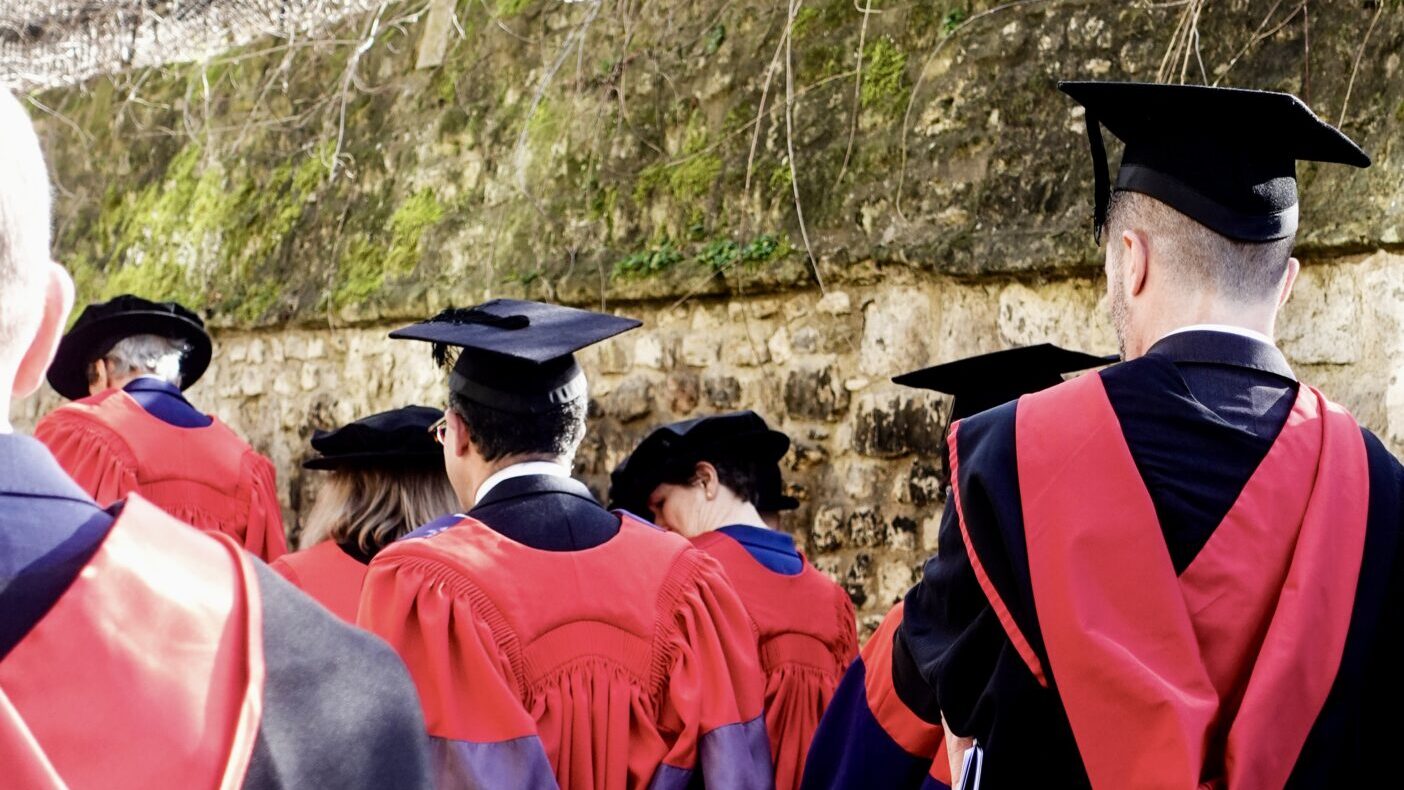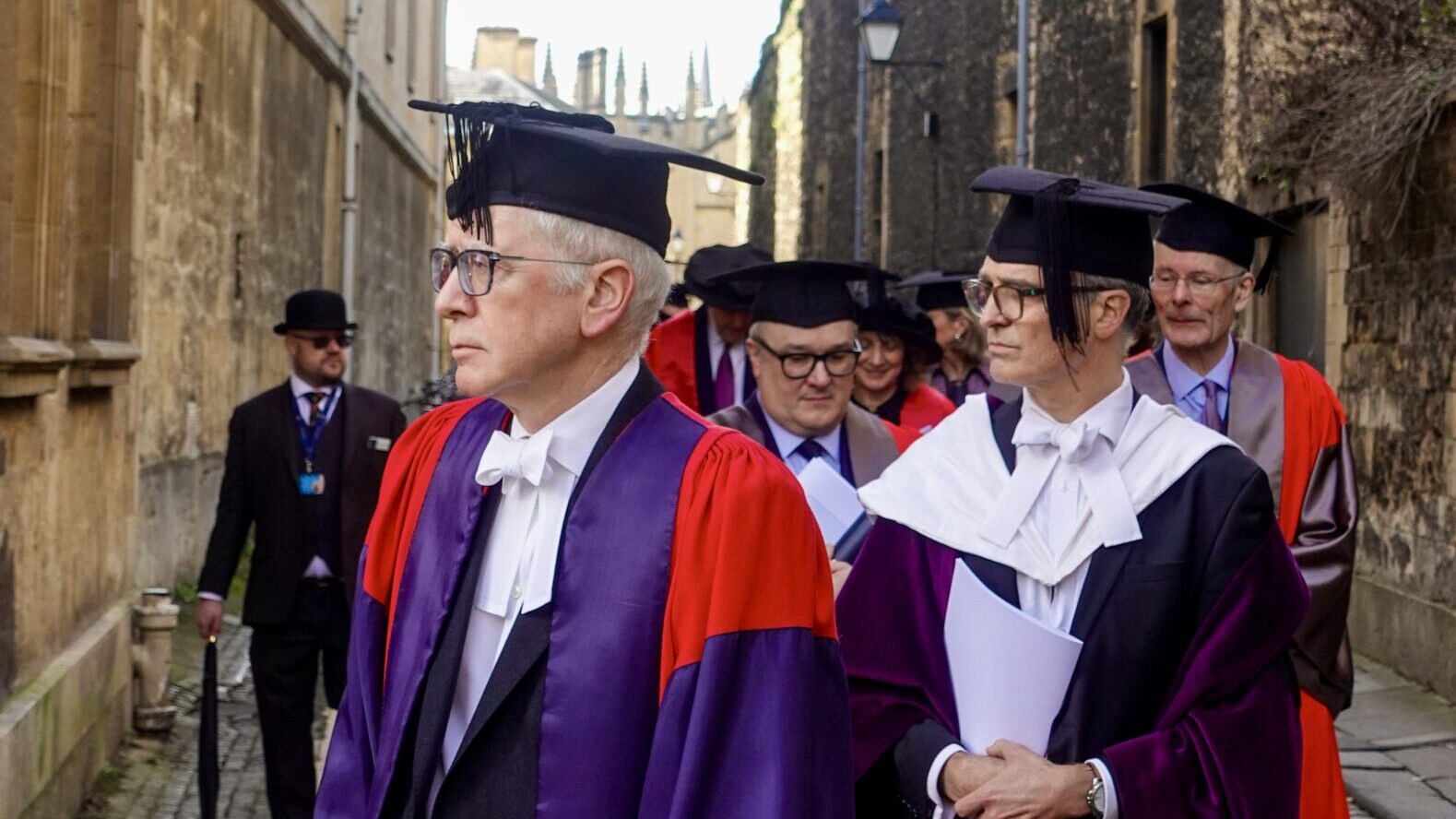Oxford University’s sustainability ambitions are increasingly visible. At the central level, strategic commitments articulate ambitious targets, governance mechanisms, and investment frameworks. In built form, newly completed University buildings such as the Schwarzman Centre for the Humanities and the Life and Mind Building are presented as low-carbon exemplars of Passivhaus design and biodiversity integration. Yet these institutional ambitions coexist with a plural collegiate system in which individual colleges retain autonomy over their estates, governance, and environmental policy. The resulting architecture of sustainability across Oxford is not a unified programme, but a patchwork of strategies, practices, and priorities. This raises a fundamental question: in an era defined by climate urgency, can a decentralised collegiate system deliver coherent environmental outcomes across an institution of global standing?
The University’s Central Strategy
In March 2021, Oxford University’s Council approved the Environmental Sustainability Strategy, which sets two core institutional targets: net zero carbon emissions and biodiversity net gain by 2035. The strategy’s scope extends well beyond estate engineering, encompassing research, teaching, resources, and investment. The Environmental Sustainability Subcommittee, a formal governance body, is tasked with integrating sustainability into institutional decision-making, and the University has established long-term financing through a major Sustainability Fund intended to support decarbonisation and systemic change.
These commitments are embodied in flagship capital projects. The Schwarzman Centre has been certified as Europe’s largest Passivhaus building and is presented as an exemplar of low-energy performance through high-performance insulation, controlled ventilation, and integrated renewable systems. Similar principles inform the Life and Mind Building, whose design documentation emphasises reduced energy demand and enhanced thermal efficiency relative to typical higher education construction. In central estates planning, then, environmental performance is not an afterthought but a design parameter.
At the same time, the University’s central carbon planning recognises that buildings are only part of the story. In its carbon management plans, it lays out detailed goals for electrifying heating and reducing residual emissions. These technical frameworks signal a level of corporate coherence and ambition that, in principle, could extend across the University’s broader estate.
Collegiate Autonomy and Varied Implementation
Oxford’s colleges, however, are not centrally managed. Each college is an autonomous charitable corporation responsible for its own buildings, finances, and internal governance. This autonomy extends to environmental policy: colleges may choose whether to adopt central targets, publish emissions data, or allocate governance resources toward sustained environmental planning.
Some colleges have developed structured approaches that align closely with the University’s strategic targets. Merton College has publicly adopted carbon net zero and biodiversity net gain by 2035, integrating those targets into its institutional framework. St Edmund Hall, too, has published multi-year sustainability objectives and governance arrangements intended to monitor and improve its environmental performance with a goal of being as close to carbon neutral by 2030. Other colleges have instituted sustainability working groups, educational events, and operational measures without formal targets or transparent reporting. Many other colleges, such as Christ Church, Corpus Christi, and Exeter however, have net zero targets after the University’s goal of 2035 or have failed to release targets at all.
The Oxford Student Union’s sustainability demands, first articulated in 2022, set three expectations for colleges: adoption of net zero targets at least as stringent as the University’s, publication of an actionable strategy with annual emissions reporting, and formal governance structures with student involvement. The SU released a traffic light assessment grounded in these demands, which showed significant variation across the collegiate landscape, with only a minority of colleges meeting all three demands, and many showing minimal progress on any of them. This divide is supported by work done by the Climate League of Oxford and Cambridge (CLOC), which has published a ranking of Oxford colleges on their sustainability efforts. CLOC found that in 2023, only five colleges (St Antony’s, Kellogg, St John’s, Trinity, and St Hilda’s) received passing marks on their metric, while two colleges (Oriel and St. Hughes) received scores of zero. The resulting institutional patchwork contrasts starkly with the central University’s unified strategy.
Is this a problem of institutional design?
The institutional dynamics at Oxford reflect a core public policy dilemma: how to manage collective action in a decentralised system. The University’s central strategy provides a coherent blueprint and sets ambitious targets, yet lacks mechanisms to ensure uniform adoption across autonomous units. Colleges, meanwhile, face differentiated constraints, whether that’s heritage, finance, governance turnover, student politics, or institutional blockages that shape their capacity to act.
This can be conceptualised as a principal–agent problem. The central University (the principal) sets goals and governance structures, but colleges (the agents) exercise discretion in how they interpret, implement, or even ignore those goals. Without aligned incentives, binding standards, or transparent accountability systems, variability in environmental performance is predictable.
The absence of formal enforcement mechanisms – such as linked funding conditional on environmental reporting or central planning approval requirements for college estates – means that sustainability alignment across Oxford relies on voluntary coordination, peer networks, and institutional norms. While these can generate pockets of excellence, they also produce uneven outcomes that complicate claims of cohesive institutional progress.
Variation in the capacity of colleges
Collegiate variation is perhaps most evident when viewed through the lens of student governance. At Oriel College, the JCR Environmental Officer occupies a role that is simultaneously advisory and promotional, yet constrained by both student preferences and administrative caution.According to Libby Rees, the Oriel JCR Environmental Officer, there is genuine high-level interest in sustainability within the college’s senior team, including the Provost. At the same time, proposals for visible interventions, like green walls or rooftop solar panels, have been subject to prolonged internal debate. Funding sources, precedent, and reputational risk all shape the calculus of institutional decision-making. In one illustrative case, concerns about alumni perceptions influenced proposed sustainability investments, highlighting the complex interaction between donor relations and environmental planning. Specifically, Rees discussed how donors may have been less willing to support environmental planning while Oriel is celebrating its 700 year anniversary in 2026. While only one case, it highlights issues concerning the framing and timing of sustainability issues at colleges.
On routine matters such as recycling and composting, operational and organisational constraints matter. While there is glass recycling in the kitchens, the logistical implications for scouts and the local council’s contamination policies limit what can realistically be rolled out. As Libby explained: “The [Oxford City] council apparently doesn’t like when recycling isn’t clean, so they’ll throw away recycling if there’s [leftover] milk in the bottle or other contamination”. She continued: “Some scouts have the time where they’re environmentally conscious and they want to think about that and clean up the recycling, yet some of them don’t have the time”. These micro-operational frictions point to a broader institutional reality: sustainability interventions are negotiated within a lattice of labour practices, regulatory frameworks, and organisational norms.
Student-level governance similarly introduces variability. The JCR at Oriel has in the past rejected proposals such as vegetarian nights, not for ideological reasons per se, but as expressions of aggregate student preference. This means that environmental officers must navigate shifting student opinion, use informal polling, and manage expectations within a short tenure of often just nine months. The result is that even straightforward initiatives can become entangled in processes of negotiation, temporal impermanence, and institutional inertia.
Rees also identifies coordination deficits across student bodies. While JCR presidents meet regularly, there appears to be no structured forum for environmental officers to exchange strategies, share best practices, or build cross-college momentum. A predecessor reportedly mentioned the existence of such a forum, yet today it is no longer visible. This absence mirrorsthe broader governance pattern: without formalised mechanisms for intercollegiate environmental coordination, progress remains segmented and contingent.
Wadham College presents a contrast, in which sustainability is more deeply embedded within institutional planning. According to its sustainability strategy, its estate spans seventeenth‑century listed buildings, twentieth‑century additions, and contemporary facilities, producing complex and uneven thermal performance. Rather than relying solely on major retrofit projects, the college has invested in detailed analysis of room‑level energy behaviour to inform prioritisation and sequencing of interventions.
Heritage constraints – often cited across Oxford as barriers to change – have instead shaped the form of intervention. As Frances Lloyd, Director of Sustainability at Wadham College, explains: “where there is a need to improve the thermal performance of our listed buildings and the works require listed building consent (LBC), we work closely with a heritage-skilled professional team and adopt a staged process involving early discussions with Conservation Officers before formally submitting for LBC”. An example is a reroofing project in one of the College’s oldest quads, where reclaimed stone slates were paired with hemp insulation and secondary glazing. Such interventions illustrate how environmental improvement and preservation can be negotiated rather than treated as mutually exclusive.
Governance structures further differentiate Wadham’s approach. Sustainability is integrated into the college’s medium‑term strategic planning and aligned with the University’s 2035 targets, while participation in sector‑wide networks enables the exchange of technical knowledge and operational practice. Targeted interventions – including boiler optimisation, thermal upgrades, renewable energy generation, LED replacement, and occupancy‑sensing energy management –have produced measurable reductions in energy use in recent years.
Yet even at Wadham, institutional actors are conscious that the largest component of the college’s environmental footprint lies in Scope 3 emissions: supply chains, travel, and other indirect sources. Frances explains that while water and waste CO2 have been calculated and reduction targets set, the complexity of measuring embedded emissions in procurement and travel remains a persistent challenge for both planning and governance.
Though Wadham appears to excel in sustainability, its trajectory may reflect favourable institutional conditions rather than a universally replicable model. Financial capacity, governance continuity, and sustained strategic commitment shape the feasibility of such interventions. Within a collegiate system marked by uneven endowments and administrative priorities, the transferability of this approach remains uncertain. Wadham therefore illustrates not the resolution of Oxford’s coordination problem, but its asymmetry: meaningful progress is achievable where capacity, stability, and prioritisation align, yet such alignment cannot be centrally assumed.
Limits of Structural Critique
Institutional analysis alone does not capture the full landscape of sustainability activity. Even in the absence of formal net zero targets or divestment commitments, most colleges participate in some form of environmental engagement. Initiatives such as Green Impact awards, Fairtrade campaigns, and awareness programmes are often dismissed as symbolic. However, symbolic action can shape behaviour and social norms in ways that aggregate beyond institutional boundaries.
Engagement programmes aimed at influencing consumption, travel, and daily practice correspond to a significant share of national emissions tied to household and consumer activity. Cultural change within collegiate communities may therefore constitute a meaningful – if indirect – dimension of environmental governance. While such measures cannot substitute for structural decarbonisation, neither are they negligible within a broader ecology of climate action.Reconciling Collegiate Autonomy and Collective Responsibility
Oxford’s sustainability architecture combines a strong central strategy with a highly decentralised collegiate system. This institutional arrangement has produced both notable progress and pronounced variation. Central governance frameworks articulate clear long-term targets and provide financial and technical resources. Colleges, in turn, pursue sustainability through a combination of strategic planning, operational optimisation, student-led initiatives, and informal networks of collaboration.
The question facing the University is not whether it should abandon autonomy or central ambition, but how the two can be reconciled more effectively. Formalised mechanisms for intercollegiate coordination, transparent reporting standards, and aligned incentives could reduce fragmentation without eroding collegiate discretion. At the level of student governance, durable forums for cross-college exchange and capacity building could strengthen institutional memory and sustain progress across leadership turnovers.
Ultimately, the University’s challenge mirrors a broader organisational question in contemporary climate governance: how can complex institutions with distributed authority systems manage collective responsibilities that demand coherence and scale? The answer will shape not only Oxford’s environmental performance, but its institutional credibility as an epicentre of research, education, and global engagement in a climate-constrained world.


